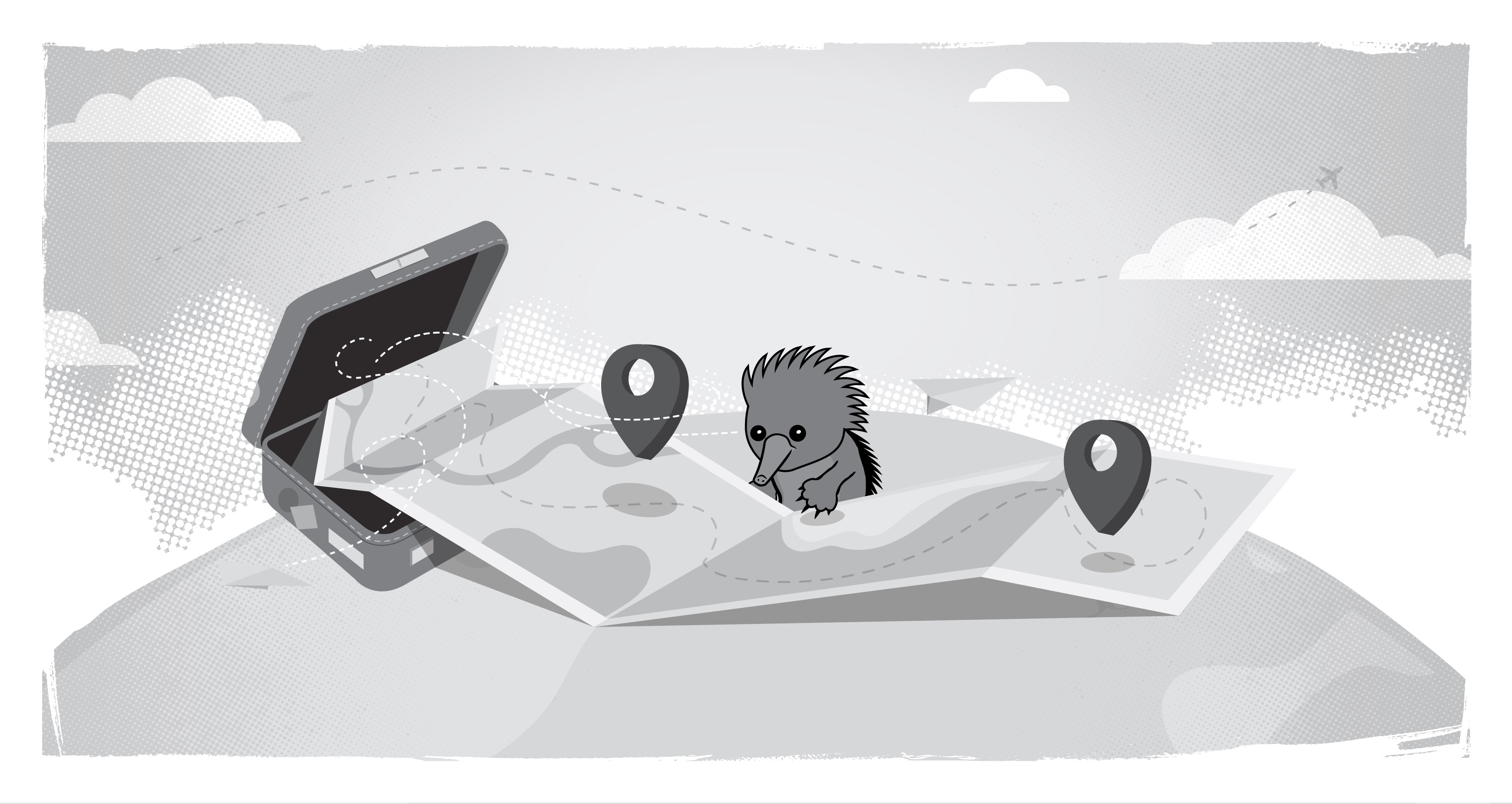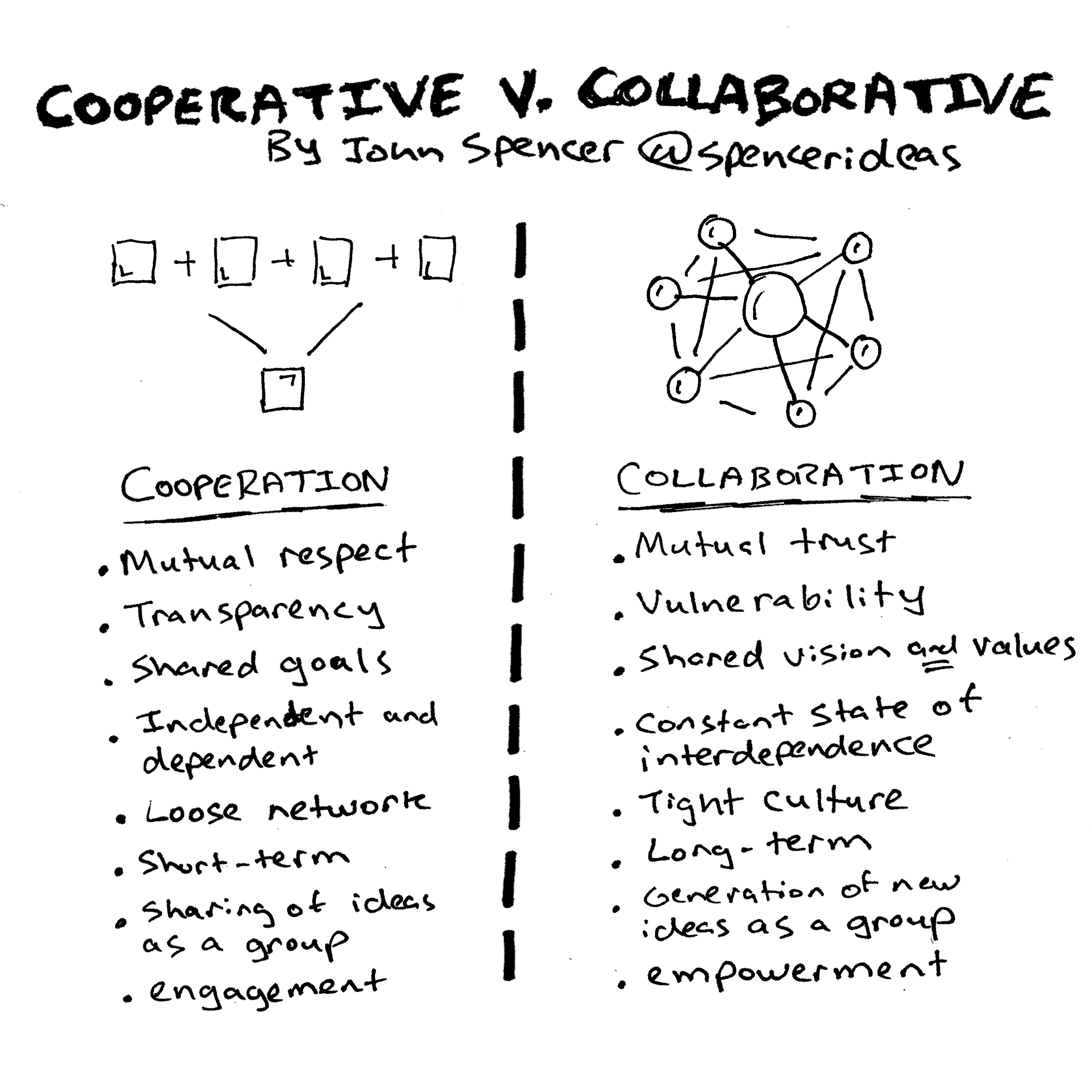The Four Pillars of Project Management

Project managers have the immeasurable task of bringing people together on a common goal and producing something on time, in scope, and on budget.
Before lockdown, I had the pleasure of attending the Digital PM Summit hosted by the Bureau of Digital in sunny Orlando, Florida. While I learned exactly how overpriced a pair of coveted Mickey Ears are while perusing Disney Springs, the takeaways from the conference go beyond learning tips & tricks to being the best project manager (PM) ever.
In this blog, I will explore four pillars of project management and why it matters to the success of a project.
The role of the project manager
When creating a website, project teams are expected to work together with the project manager who then translates feedback into product for the client - starting from discovery all the way through to the support phase post-launch.
The success and organization of the moving parts involved in this act relies on an environment of collaboration, not just cooperation. I love this graph as it illustrates the differences between the two.

Image source: John Spencer
The Four Pillars of Project Management
Many of the sessions I attended at the conference re-enforced what I believe to be four pillars upheld by the project manager: trust, respect, accountability and change management. These too, are the pillars that hold the Echidna project process together.
Trust
A good project manager promotes an air of collaboration. Part of that is by understanding the role trust plays in a team. Trust is the belief or confidence that one party has in the reliability, integrity and honesty of another party.
Trust is what propels a teammate to step outside their comfort zone and share new ideas that could benefit the client. Cultural buy-in is required for this vulnerable practice to work, as is a mutual understanding that we all play different roles in one cognitive function and to build what is referred to as “the hive mind".
The “Hive mind” relies on similar intelligence levels to work productively. At Echidna, we respect that we all come into the project from different life experiences or educational backgrounds.
Which leads to the next pillar, Respect.
Respect
Respect that each team member starts a project with different levels of technical or business understanding or experience. This will reinforce that collaborative attitude by including team members at every critical point of the project to build knowledge.
This begins with kick-off to weekly (or more) scrums, UX exercises, client meetings at a pace that makes sense for the size of the project, and formal gating meetings along the way.
Every step is a chance to outline progress, risks, actions and change management while providing the opportunity to each team member to actively be involved in the solutions proposed.
Empowering others to lead is a core value at Echidna, and we support our team in this by giving them the stage to do so at every turn. Our process supports building the hive mind in projects, while motivating our team members by giving them respect and room to share their ideas and unique skills as integral parts of the overall project success.
This only works when the team acts as a unit and with accountability.
Accountability
Accountability, which is critical to every project’s success, does not mean a project manager must micromanage people to get things done. We have found success with the responsibility assignment matrix (RACI) method - where you indicate who is Responsible, Accountable, Consulted, and Informed about each step.
RACI means to assign one Responsible and exactly one Accountable person designated for each task. Assigned (optional) Consulted and Informed roles may also be denoted.
Once we have this full understanding as a team, my role as a PM is to show up and trust you like my job depends on it (it practically does).
This fosters compassion and avoids unnecessary blame if something goes wrong. This is just another opportunity to share feedback, and learn. Trust may require crucial conversations and re-building our relationship after hard conversations again - though these conversations are what will make us stronger as a team the next time we encounter a period of stress on our project together.
While we value process and tools, our team members and our interactions shape our projects and their level of success.
Like a hive with worker bees, each step of our process above supports the idea that everyone ought to be acting and reacting in a way that ultimately supports our end goal of the project, whatever that may look like. Which brings me to the last pillar - Change Management.
Change Management
When we use our hearts and people as a key player in our process development, we understand the refinement of the process will never be completed - and that’s okay. The one constant of any project is change.
One size does not fit all when dealing with the broad spectrum of clients we work with, and we recognize our role as project managers to ambassador our skills of change management, both on projects and internally.
A project manager sets to the tone of the project team environment from the jump. We lead by example, through a commitment to transparency and the evolution of our processes and how they fit the needs of the team and the client, best.
Saying yes to change but no to unrealistic scopes or deadlines, is a lot harder on us than it may seem. To do this, the team needs to be on the same page. This starts and ends with the PM. If that makes us the ‘Queen Bees’, so bee it :)
Why It Matters
The fundamentals of managing a project from start to finish require a team of individuals with different talents and skills. Project managers handle change management issues, manage expectations with key stakeholders, and frame messages and discussions that are designed to ensure company-wide alignment on a project.
We’re also here to anticipate challenges, identify risks, and proactively mitigate them in a collaborative manner so that little things don’t snowball into huge problems in need of remediation.
Ultimately, a project manager who leads collaboratively will help you lead your team better and reach your business goals faster.
What is a project manager?
How can I become a better project manager?
What makes a good project manager?
How do I make my project successful?
SUBSCRIBE TO OUR E-NEWSLETTER
 Subscribe
Subscribe


